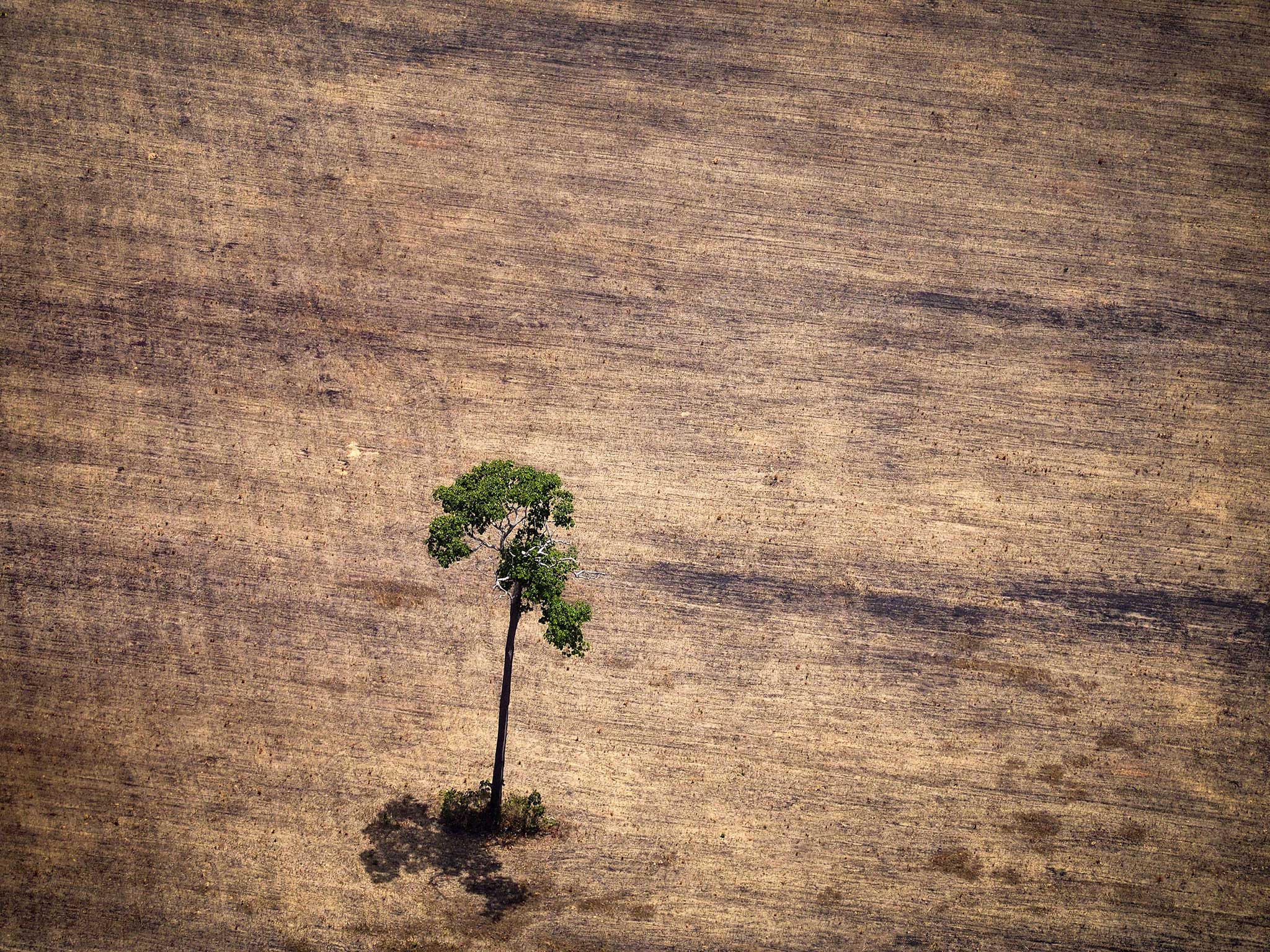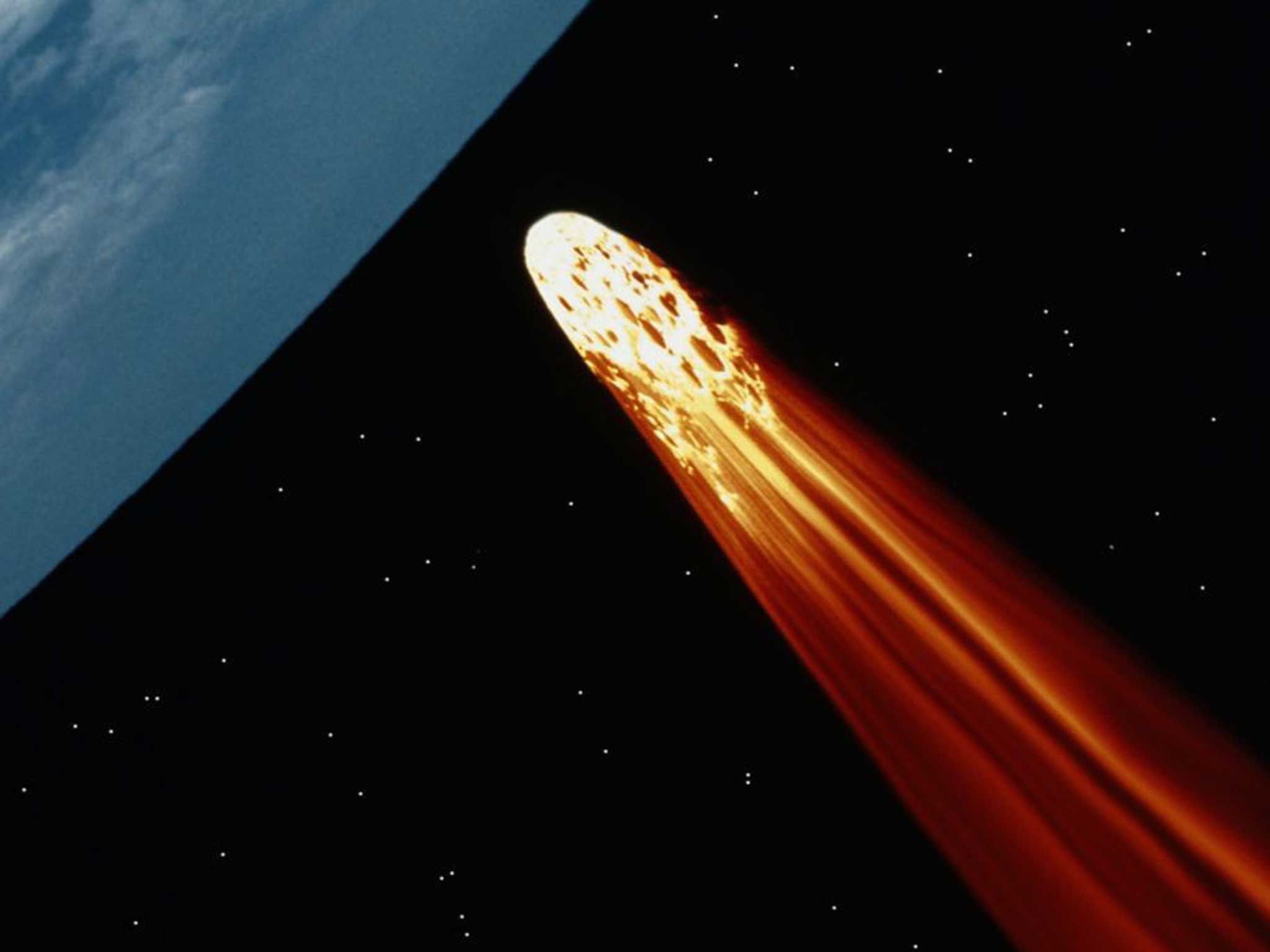Earth enters sixth extinction phase with many species – including our own – labelled 'the walking dead'
Report was authored by scientists at Stanford, Princeton and Berkeley

Your support helps us to tell the story
From reproductive rights to climate change to Big Tech, The Independent is on the ground when the story is developing. Whether it's investigating the financials of Elon Musk's pro-Trump PAC or producing our latest documentary, 'The A Word', which shines a light on the American women fighting for reproductive rights, we know how important it is to parse out the facts from the messaging.
At such a critical moment in US history, we need reporters on the ground. Your donation allows us to keep sending journalists to speak to both sides of the story.
The Independent is trusted by Americans across the entire political spectrum. And unlike many other quality news outlets, we choose not to lock Americans out of our reporting and analysis with paywalls. We believe quality journalism should be available to everyone, paid for by those who can afford it.
Your support makes all the difference.The planet is entering a new period of extinction with top scientists warning that species all over the world are “essentially the walking dead” – including our own.
The report, authored by scientists at Stanford, Princeton and Berkeley universities, found that vertebrates were vanishing at a rate 114 times faster than normal.
In the damning report, published in the Science Advances journal, researchers note that the last similar event was 65 million years ago, when dinosaurs disappeared, most probably as a result of an asteroid.

"We are now entering the sixth great mass extinction event," one of the authors of the paper told the BBC.
Gerardo Ceballos, lead author of the research, added: "If it is allowed to continue, life would take many millions of years to recover and our species itself would likely disappear early on".
The research examined historic rates of extinction for vertebrates, finding that since 1900 more than 400 vertebrates have disappeared – an extinction rate 100 times higher than in other – non-extinction – periods.
"There are examples of species all over the world that are essentially the walking dead,” said Stanford University professor Paul Ehrlich.
He added: "We are sawing off the limb that we are sitting on."
The research, which cites climate change, pollution and deforestation as causes for the rapid change, notes that a knock-on effect of the loss of entire ecosystems could be dire.
As our ecosystems unravel, the Centre for Biological Diversity has noted that we could face a “snowball” effect whereby individual species extinction ultimately fuels more losses.
The report, which builds on findings published by Duke University last year, does note that averting this loss is “still possible through intensified conservation effects,” but that “window of opportunity is rapid closing.”
Join our commenting forum
Join thought-provoking conversations, follow other Independent readers and see their replies
Comments